When choosing a dog to become part of your family, health is a significant consideration. While all dogs can potentially face health issues, some breeds are known for their robust health and longevity. These breeds often have fewer genetic problems, which can mean fewer trips to the vet and a happier, healthier life for your furry friend. Here’s a list of 10 dog breeds with the least health issues.
1. Australian Cattle Dog
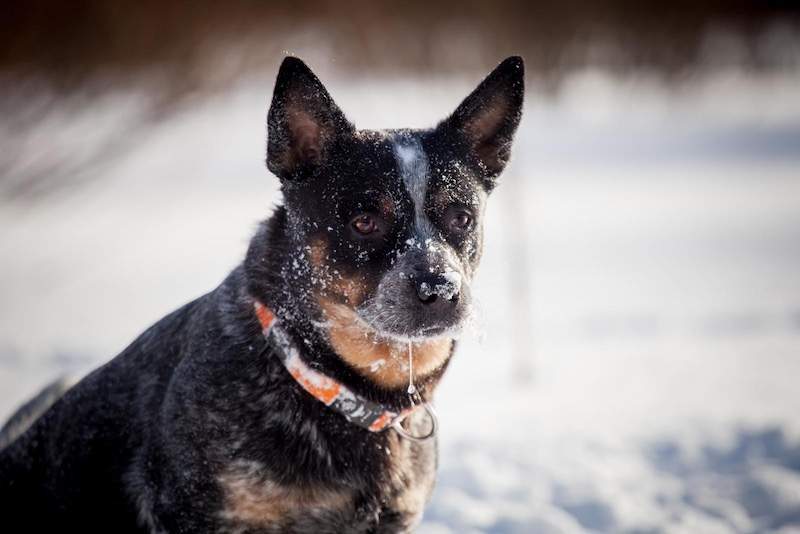
The Australian Cattle Dog, also known as the Blue Heeler or Queensland Heeler, is renowned for its health and longevity. These dogs are tough, energetic, and bred to work hard in challenging environments. They have a lifespan of 12-16 years, with many living well into their teens. Australian Cattle Dogs are generally free from many of the common genetic disorders found in other breeds, though they can be prone to deafness and progressive retinal atrophy.
2. Border Collie
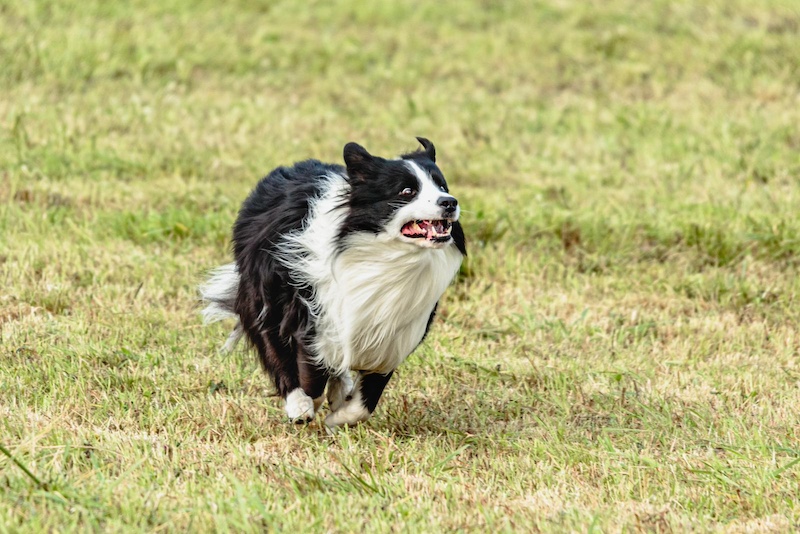
Border Collies are incredibly smart and energetic dogs with a strong work ethic. They are known for their endurance and generally robust health. With a lifespan of 12-15 years, Border Collies are not prone to many of the serious genetic health issues that affect other breeds. However, like all breeds, they can suffer from hip dysplasia and epilepsy, but these issues are relatively rare.
3. Beagle

Beagles are small, hardy dogs that are often noted for their excellent health and longevity, typically living 12-15 years. They are less prone to many hereditary conditions, and while they can develop hip dysplasia, hypothyroidism, and epilepsy, these conditions are not overly common in the breed. Their resilience and manageable size make them a popular choice for families.
4. Chihuahua
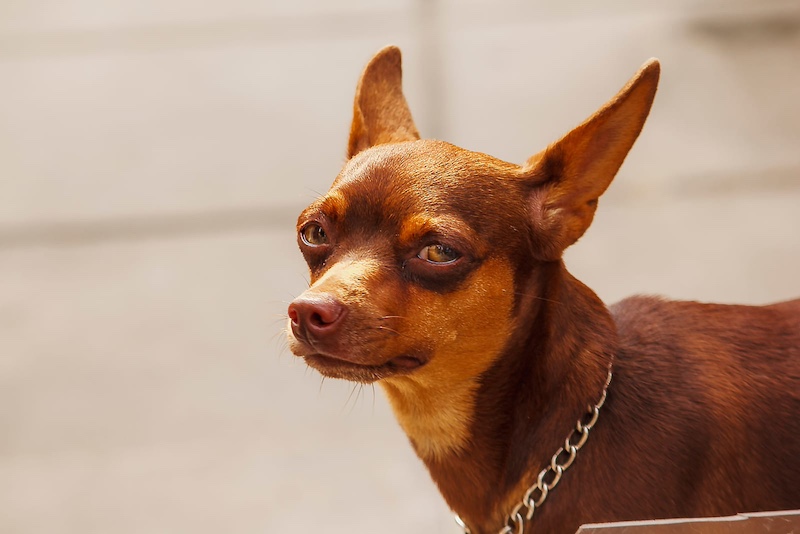
The Chihuahua is one of the smallest dog breeds, but don’t let their size fool you—they are remarkably healthy and can live 14-18 years. Chihuahuas are generally free from many of the genetic issues seen in other small breeds. They do need regular dental care to prevent oral health issues, but otherwise, they are a hardy breed with minimal health problems.
5. Basenji
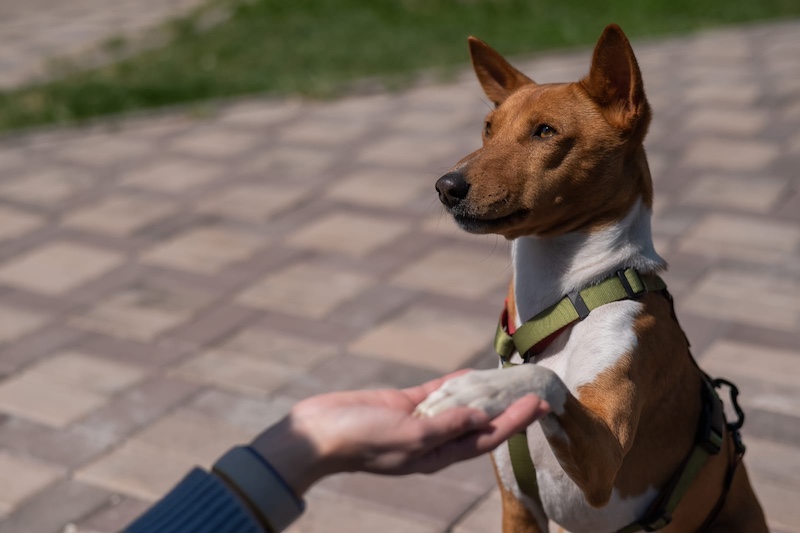
Basenjis are unique in that they are one of the oldest and purest dog breeds. Originating from Africa, these dogs have been naturally selected over thousands of years, leading to a breed with few genetic health issues. Basenjis typically live 13-16 years and are generally free from common problems like hip dysplasia or heart disease. However, they can be prone to Fanconi syndrome, a rare kidney disease, so regular vet check-ups are still important.
6. Shiba Inu
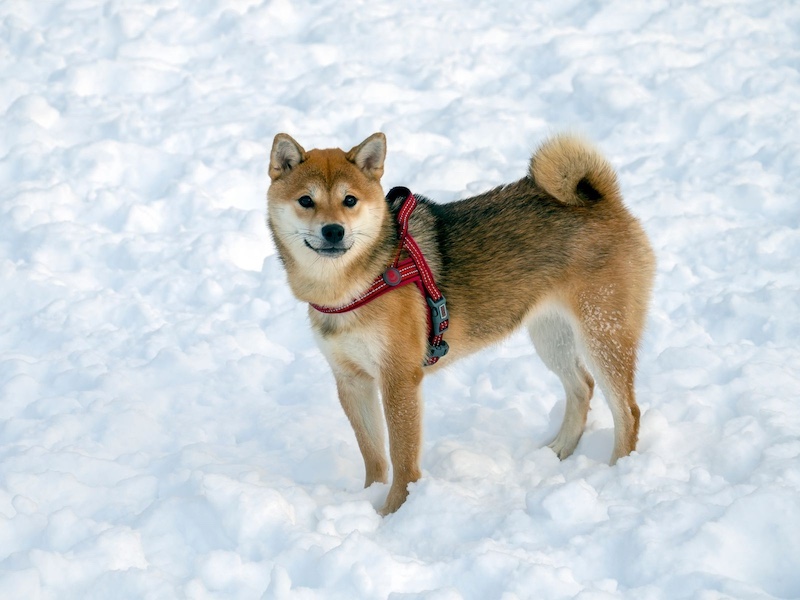
Shiba Inus are a Japanese breed known for their spirited personality and robust health. These dogs are generally free from the severe genetic issues that affect many other breeds. With a lifespan of 12-16 years, Shiba Inus are less likely to suffer from conditions like hip dysplasia or patellar luxation. They are a sturdy breed, though they can be prone to allergies and dental issues.
7. Australian Terrier
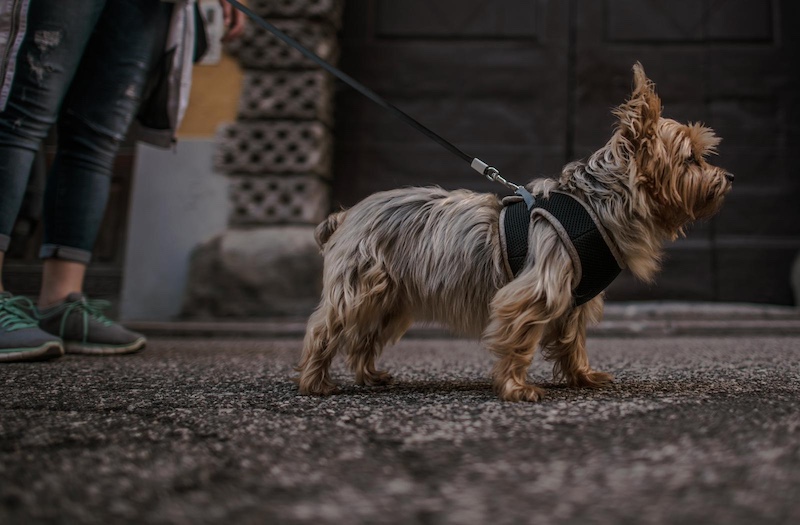
The Australian Terrier is a small, sturdy breed with a lifespan of 12-15 years. These dogs are generally healthy and not prone to many serious genetic issues. They are resilient little dogs, although they can occasionally develop skin allergies or diabetes. Regular exercise and a balanced diet can help keep these energetic dogs in top shape.
8. Siberian Husky
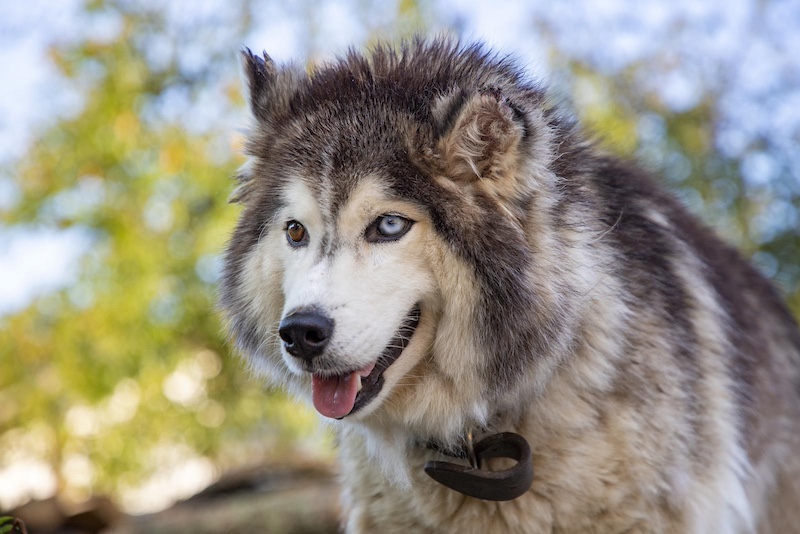
Siberian Huskies are medium-sized dogs known for their endurance and strength. Originally bred to pull sleds in harsh climates, they are naturally robust and healthy. Huskies have a lifespan of 12-15 years and are generally free from severe genetic conditions. They can, however, be prone to hip dysplasia and eye disorders, but these issues are relatively uncommon in the breed.
9. Pembroke Welsh Corgi

These small, energetic dogs typically live 12-15 years and are less prone to serious genetic health issues. While they can be susceptible to hip dysplasia and degenerative myelopathy, these conditions are relatively rare. Corgis are active and resilient dogs, with a strong immune system and a low incidence of common canine diseases.
10. Havanese

The Havanese is a small, cheerful dog with a lifespan of 14-16 years. They are generally healthy, with fewer genetic health issues compared to other toy breeds. While they can be prone to patellar luxation and eye disorders, these issues are not overly common. Regular grooming and dental care can help maintain their overall health.
This content was created with the assistance of AI and thoroughly edited by a human before publishing.

